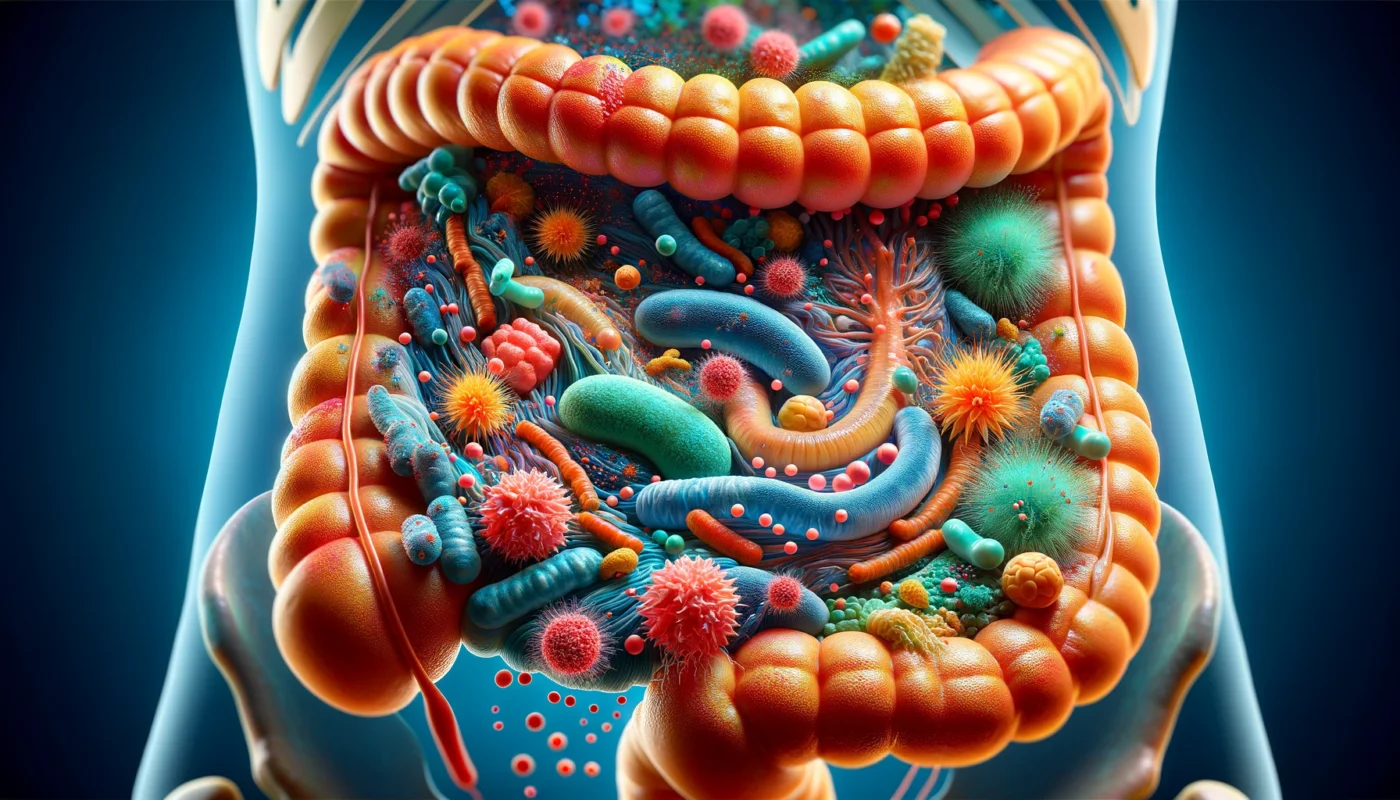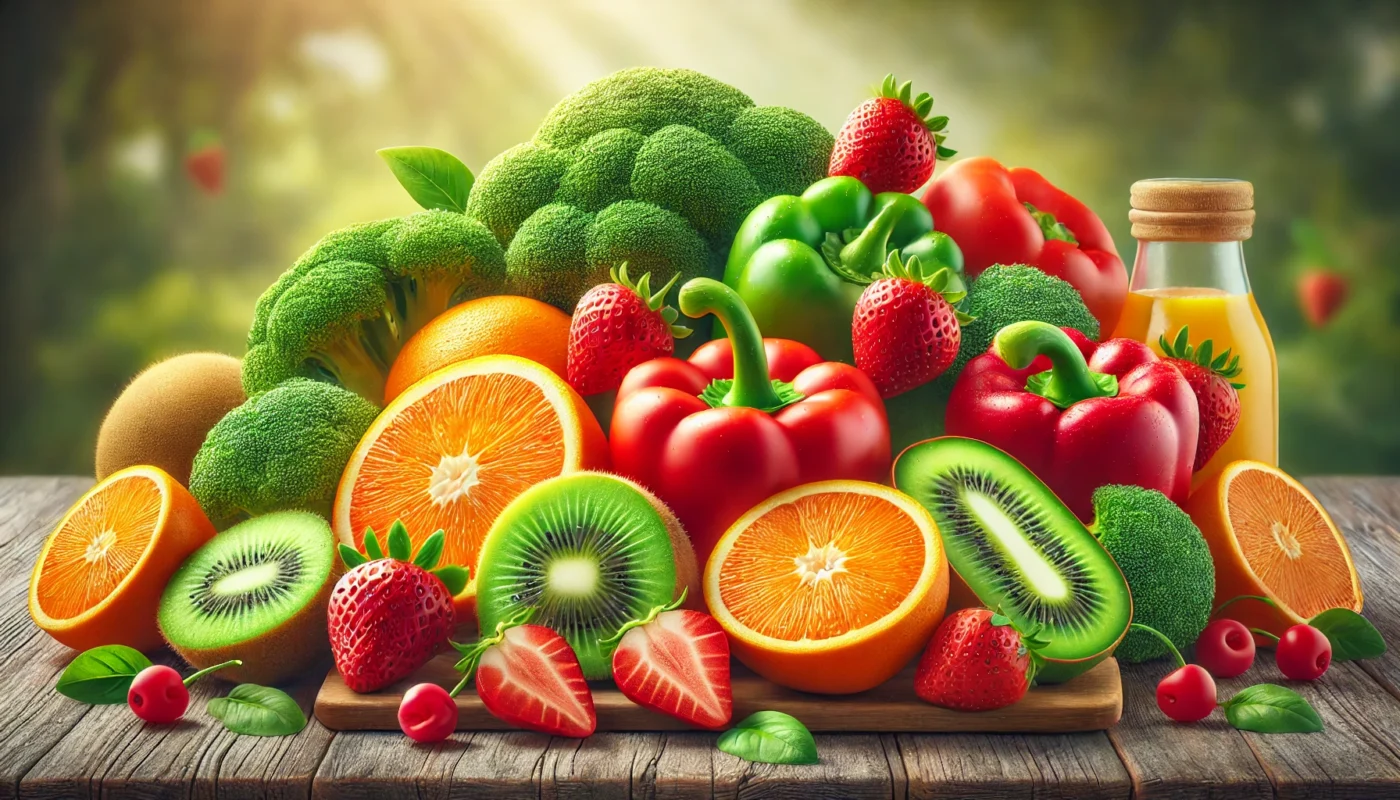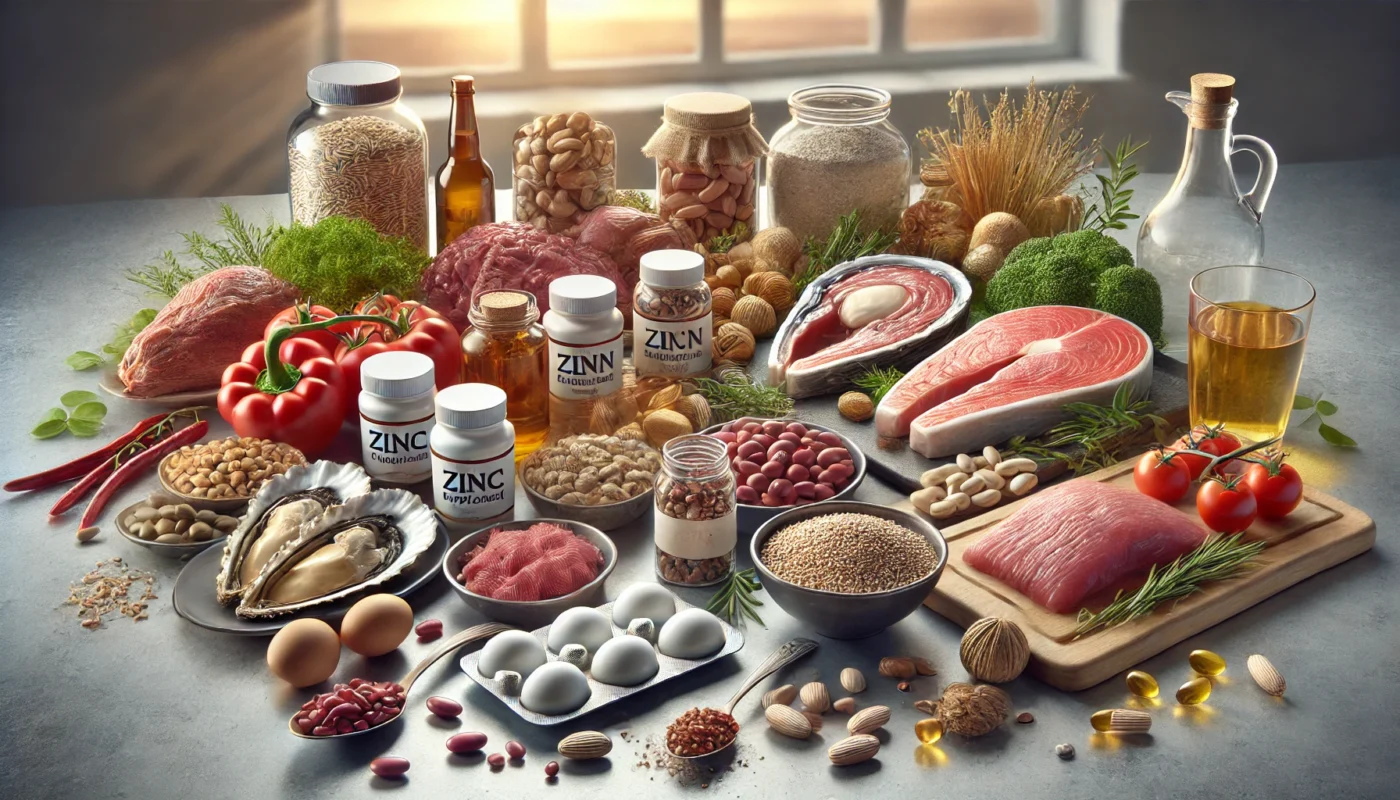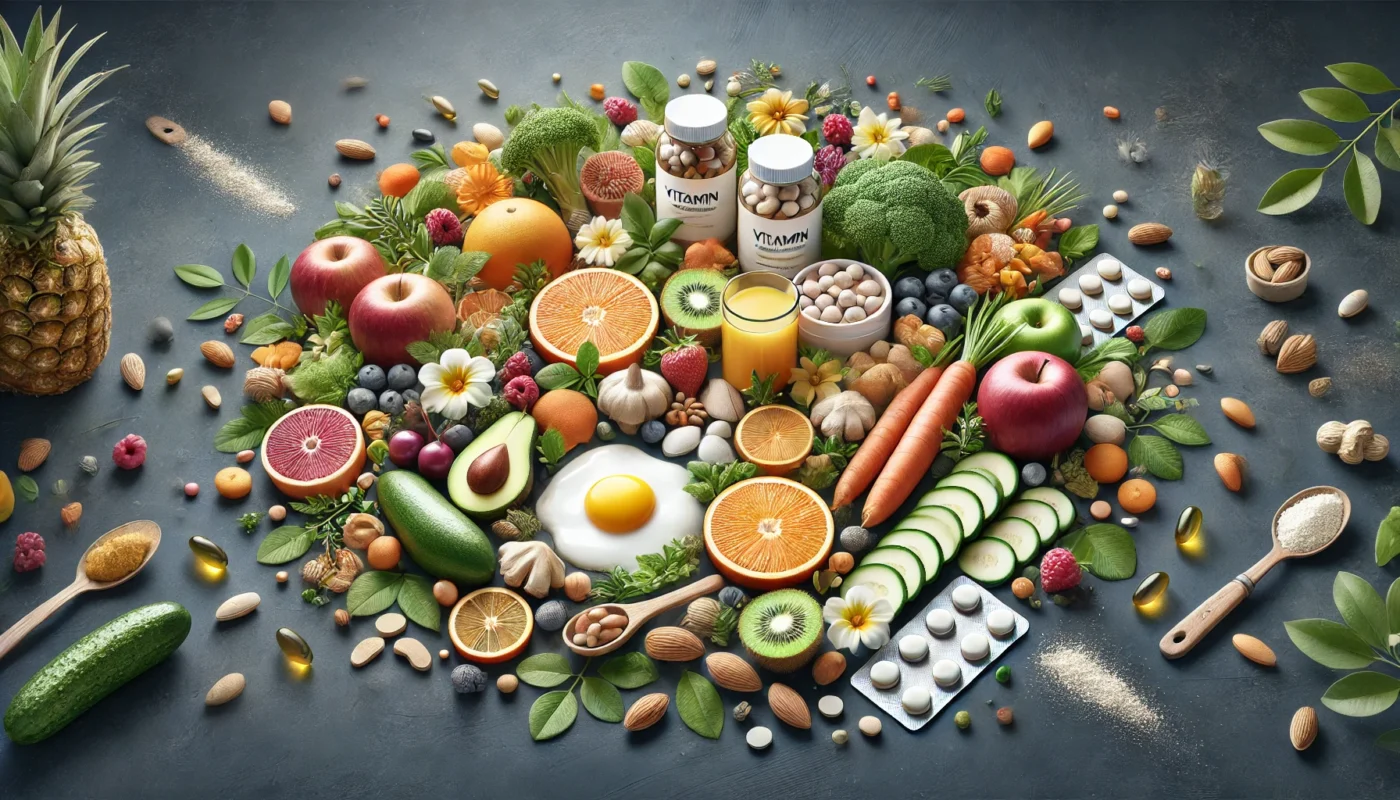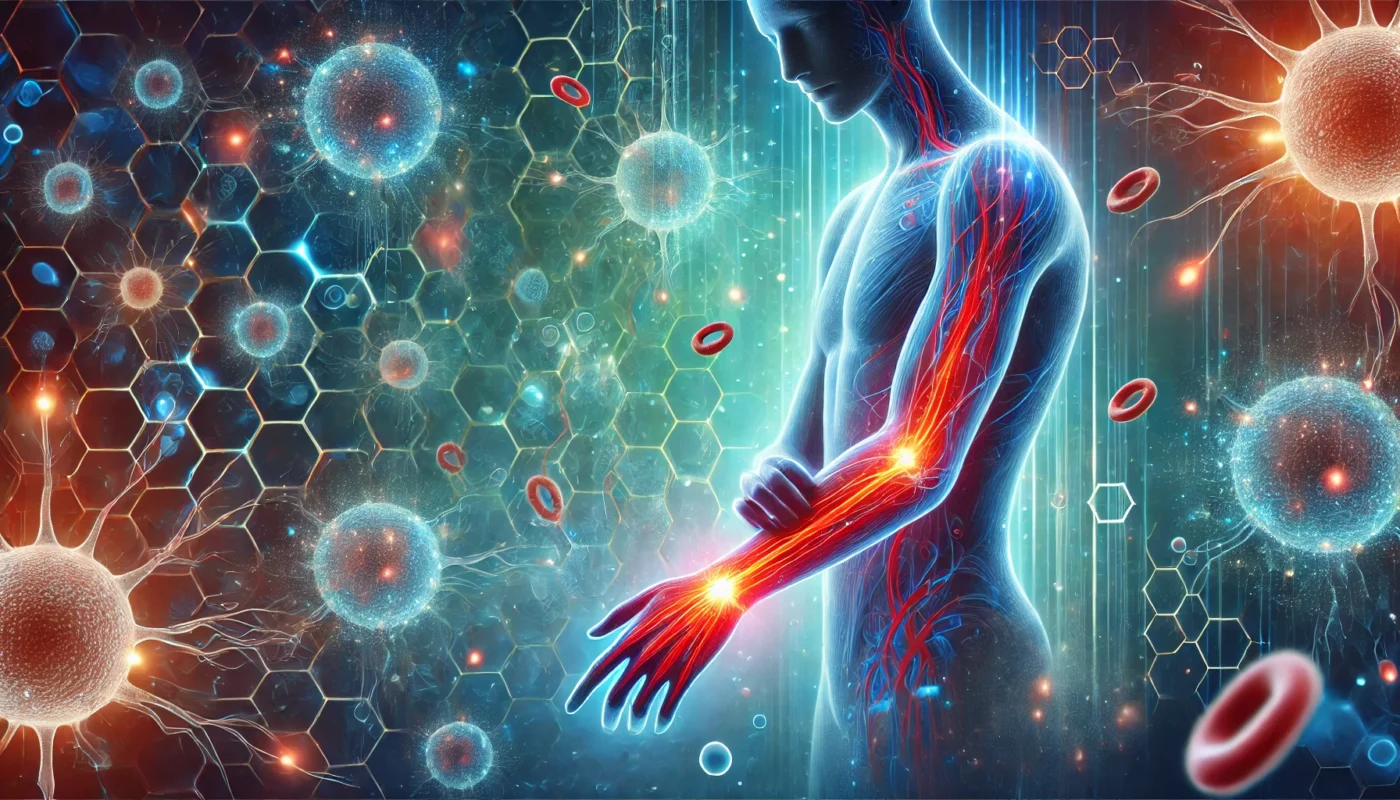When you think about mushrooms, you might picture them as a delicious addition to your favorite dishes. But did you know these fungi have been recognized for their medicinal properties for centuries? In recent years, scientific research has increasingly focused on their potential health benefits, particularly their anti-inflammatory properties. Let’s dive into the world of mushrooms and explore their ability to combat inflammation.
Tag Archives: immune function
When it comes to healing wounds, the body’s ability to repair itself is nothing short of miraculous. However, several factors can impede this natural process, and smoking is a significant one. In this article, we delve into how smoking affects wound healing, how much it slows down the process, and whether nicotine plays a role in this detrimental effect.
The gut is often referred to as the body’s “second brain,” and for a good reason. It is home to trillions of microorganisms, collectively known as the gut microbiome, which play a crucial role in maintaining immune homeostasis. When the gut microbiome is balanced, it functions as a protective barrier against pathogens and supports the immune system’s regulatory functions.
The immune system’s journey through life is marked by distinct phases, each characterized by unique strengths and vulnerabilities. From the initial development in infancy to peak performance in young adulthood, and eventually to the gradual decline in later years, the immune system’s evolution is a testament to the body’s adaptability.
Cortisol is a glucocorticoid hormone produced by the adrenal glands, playing a crucial role in various physiological processes. It helps regulate metabolism, reduce inflammation, and control blood sugar levels. Beyond these essential functions, cortisol is a key player in the body’s response to stress, allowing us to react effectively in challenging situations. Understanding cortisol’s multifaceted role can help individuals appreciate its importance beyond its reputation as merely a stress hormone.
Vitamin C, also known as ascorbic acid, is a water-soluble vitamin essential for various bodily functions. One of its key roles is in the synthesis of collagen, a protein that is vital for the structural integrity of skin, cartilage, and bones. During the wound healing process, vitamin C becomes particularly important.
Zinc is an essential trace element that contributes significantly to cellular metabolism, protein synthesis, and immune function—all critical factors in wound healing. When the skin is injured, zinc is mobilized to the wound site, where it helps regulate inflammation, promote cell proliferation, and support the re-epithelialization process. In layman’s terms, zinc aids the skin in repairing itself efficiently.
Vitamins are organic compounds that are vital for maintaining health. They act as co-factors in various biochemical reactions, supporting processes such as cell growth, immune function, and tissue repair. When it comes to wound healing, certain vitamins stand out for their ability to enhance recovery.
In the realm of health and wellness, inflammation is a term that often carries a negative connotation. However, when we delve into its role in the healing process, we uncover a complex and essential biological response. Understanding this multifaceted process is crucial for anyone looking to optimize their health and recovery strategies. By examining the nuances of inflammation, we can better appreciate its dual nature and how it can be both beneficial and detrimental.
Inflammation is a natural response of our bodies. It’s a defense mechanism against injury, infection, or disease. But when it becomes chronic, it can lead to serious health issues.
This is where diet comes into play. Certain foods and beverages can help manage inflammation. They contain compounds that have anti-inflammatory properties.
Among these, beverages are a convenient and enjoyable option. They can be easily incorporated into our daily routines. But not all beverages are created equal.
Some are packed with sugar and artificial additives. These can actually increase inflammation. So, it’s crucial to make informed choices.
In this article, we’ll explore the top five anti-inflammatory beverages. These drinks are not only delicious but also packed with health benefits. They can help you combat inflammation naturally.
We’ll delve into the science behind these beverages. We’ll also provide practical tips on how to prepare and consume them.
- 1
- 2



